The Sodokos Dynasty
[...]The difference is, that we were chosen to rule. We did not demand it, it is our duty.-High Lord Hermido, letters to Odria The Sodokos dynasty has ruled Perdica since its foundation, grooming and protecting it from Odrian attacks. As often proudly written by the members of this dynasty, they have always been supported by their subjects, who helped the very first epic patriarchs of this family to rise to power.
A duty to our people, a duty to the gods, a moral duty and a personal fate.
It is written in our blood and our future.
Since our birth, passed on our offspring.
Crest
The winged lion, symbol of Mharvu, has been associated with the family since Irakneo's reign. Mharvu is the Kyb god of justice and protector of leaders, king of the gods, highest judge of the made world. This association send a clear message: the Sodokos are rulers by nature, and their judgment is infallible.Map
History
Aecleos,the founder
The first significant member of the Sodokos was Aecleos Sodokos, born in the Kyb capital probably around 640 from a family of tax collectors who studied and became a governor during the Kyb occupation of Odria (642-690). He became famous among the occupied cities as an excellent governor, just and fair. This fame convinced the High Lordship of Kyb to appoint him to the city of Perdias, the most populous of southern Odria in 687, when the war was already turning in Odrian favor.In Perdias he did his best, and to the inhabitants he appeared as their natural leader instead of an occupying foreign despot. He reinforced the city walls, finished the city Temple, and armed a small militia to protect the city from soldiers who, fleeing from the war they were losing, often raided the local settlements on their way back to home. In 689 the Odrian army reached the city, and Aecleos peacefully surrendered the city in exchange for the safety of the citizens and his family, and king Hudwin of Odria agreed. When Aecleos, his wife and their 5 children returned to Kyb the realm had already descent into anarchy1
Their name now wasn't worth anything, but Aecleos' diplomatic nature gained them protection and allies inside the realm, and he soon became a central figure in the council that had to restore order and elect a new king. Months passed, and Aecleos (over sixty years old now) had became a serious candidate for the realm thanks to his eldest son, Bablyos , who had become the commander of a large mercenary band, providing his family the muscle. While an agreement was being reached news of a rebellion in the north reached the capital, and Aecleos pledged his son's army to solve the problem. But as soon as the soldiers had left the capital, a faction opposing the council rose up in rebellion, and Aecleos was murdered during the storming of the palace.
When Babylos learned about his father's death he immediately rode back to the capital to rescue his family's position, but he found the city overrun by the opposing faction and was captured as soon as he entered the city. Babylos was hanged and beheaded two days later.
Babylos' two brothers and their families had fortunately fled in time, while his sisters had been captured and killed alongside their families a few months later, near the capital.
The Escape from the Homeland
Uldamos and Tymilos wandered with their wives for a year in the old Kyb territories, now in complete anarchy, until they decided to split over an argument:
Uldamos decided to bring his family eastwards, to the salt lake of "Transidal"; meanwhile his brother Tymilos tried to contact in secret the patrician families of Perdias.
The Perdian middle class had suffered greatly from the return to the feudal system, and they enthusiastically agreed to welcome in secret the family of a man who had done the city a great service.
After being hosted in the house of an important merchant of the city for two months, Tymilos was officially offered an office in the trading guild of the city, and his family arrival was made public.
The baron understood the risk that a Kyb family posed to his control of the city, but his letters to the king asking for their expulsion were denied, the king was already facing tensions with the Peshez corsairs and did not wish to encourage an uprising in the south.
In 749 the Sodokos had already established themselves as a powerful merchant family, and everything seemed to go well, but at last Tymilos died of typhus. As his sons were mourning, a band of thugs stormed the market and destroyed every Sodokos owned selling station, and their debtors legally pardoned, effectively erasing the family's possessions. A clear invite to leave the city from the baron.
While not everyone was sure on the family's future, someone was: Irakneo Sodokos, the new leader of the family, who was very serious on taking revenge on the baron.
Irakneo and his revolution
So they sold all the jewels, the furniture and the horses to pay their debts, showing the city once again that the Sodokos were not like the Odrian nobility, that they were loyal even when it was required to sacrifice much.
This propaganda brought all the patricians and merchants of the city on their side, but Irakneo went even further.
On a January morning, in 750, Irakneo marched to the market square in armor alongside his younger brother Aecledus and some of his closest supporters. There, he gave a fiery speech, accusing the baron of his unjust treatment of his family and of threatening the trade of the city.
""[...]Do not stand idle people of Perdias, my father might have been a stranger here, but I say that this baron is just as foreign as he was. No respect for the blood of the city, the market. Not caring of how his injustice might hurt his city.
You have known my grandfather's rule, you've known justice! He does not know you and he does not intend to!
Today I take the initiative, to oust not a baron, but a tyrant! Help me teach him the southern justice, march with me!""
Both the southern middle class, moved by pride and vengeance, and the peasants, fascinated and aroused by the oratory, rose up and joined his revolt.
After destroying the little resistance put up by the city guards, the rebels marched outside the city and stormed the baron's palace. The baron had luckily escaped in time, but his rule had been overthrown.
A council was established to rule the city, but it was clear that Irakneo was the real master of the city.
A royal delegation soon arrived to the city, demanding the surrender of the rebels and return to the old order, but the council demanded a trial for the accusation of tyranny on their baron. The king, thinking to appease them, approved, and a trial was soon held.
Being hated by most of the patricians the baron found none willing to testify for his innocence, was found guilty and removed from power. Upon deciding the next baron the city highly suggested Irakneo for the title; the king, once more, decided to appease the city, and invested Irakneo Sodokos with the title of "Baron of Perdias".
This brought the Sodokos richness, power but mostly prestige. Irakneo was now a celebrity in most of the formerly occupied land, a symbol of the enlightened Kyb rule. He also married the daughter of the patrician who had supported them so far instead of a noble woman, to further emphasize his detachment from the odrian nobility.
Irakneo began to meet with patricians of other cities in similar conditions to Perdias, while his supporters helped to spread his influence. A merchant baron, a very unusual noble from an Odrian prospective, he could fill his coffers with his family business and invest the taxes into projects that further increased his prestige.
In a long reign of 20 years he transformed Perdias in a commercial, economic and political center, he brought the Kyb temples back and kept a well paid militia to protect the city.
In most baronies of the area the barons could not even do anything without his consent because of his grip over the patricians. People started calling him "Duke of Perdias", a title that did not exist.
It had started to be insulting and dangerous for the nobility and the king, so a noble assembly was called in Ghaulle, the capital of the kingdom in 770.
Irakneo was of course invited, and his status was the most discussed point in that 5 months long assembly.
Threats were daily thrown, and tension rose between the aristocracy and the Sodokos over his powers.
In the last days Irakneos, feeling that the situation was getting drastic, tried to write to the other branch of his family, the sons of Uldamos who had stayed in Kyb land, and who were now in control of the mercenary band funded by their ancestor Babylos.
But the letters did not leave the city, intercepted by the king's spies. This marked the end of Irakneos.
The following day he was taken captive by the King's Knights, and, after a week in captivity, was condemned for treason and heresy. On the first of August he was publicly drown in front of the Royal Palace.
The execution of Irakneo had been planned for a long time, and before news of the vent could reach Perdias an army installed the son of the former baron and arrested most of the Sodokos supporters.
Irakneo's first son, Orvan, tried to defend the house from the attack and died heroically sword in hand in the act. The second born followed a similar fate, being surrounded while fleeing with his mother and stabbed to death with a spear alongside her.
The Sodokos had again been turned to ash and corpses. All of Irakneo's son were slain, all but one.
Herno, the hero
Herno was the youngest of Irakneo's sons (25 in 770), and had the luck of having gone hunting on the days of the massacre. Upon returning home he was warned by a shepherd of the arrival of a royal army in Perdias.
He went immediately hiding to a family friend who advised him to hide on the wild Rham hills, where he'd be harder to be found.
So Herno hid there for several years, seeing only some old friends, the few who hadn't been arrested for Sodokos sympathies.
But the spirit of his father re-lived in him, the same crave for vengeance and justice.
The new baron had become a worse tyrant than his father, persecuting every patrician family who had favored the Sodokos and imposing his rule with the king's soldiers.
Herno knew that and started slowly and carefully rebuilding ties with who he was sure wouldn't betray him. But, most importantly, he would not wait like his father to be captured before writing to his distant cousins in Kyb territory. In particular Mokide, the inheritor of the large mercenary band "The Ivory Band" , who had failed at a coup in the Kyb land, and who decided to take the opportunity to invade Odria.
So, after seven years of hiding and plotting, Herno returned to Perdias, disguised as a messenger to witness the panic brought by the news of a large army crossing the border in the name of the Sodokos legacy.
The soldiers were all sent south to stop, or try to, the invading army, and the baron attempted to rally the citizens publicly.
Here, according to the legends, Herno revealed himself in front of the square and replied with his own speech, underlining how his family had always been loyal to the people of Perdias and how the Odrians had betrayed it, and how the baron's tyranny had oppressed the city. The speech was tremendously similar to his father's, making the message even clearer.
A brawl between Herno's supporters and the baron's thugs exploded in the main square, and amidst the struggle, Herno managed to throw a spear in the baron's belly, mortally wounding him.
Meanwhile, city after city, Mokide's army marched northward, meeting little resistance as the cities welcomed Sodokos rule as a long waited relief.
By 778 the realm of Perdica had been funded, almost half of Odria had changed not only ruler, but government.
Herno was crowned High Lord of Perdica, father to a new powerful nation.
Out of respect and duty towards the people of the south, I declare this land : High Realm of Perdica, a nation which shall be the envy of old and new empires, of odrians and kyb nations.
Herno fought a long series of defensive campaigns against the Odrians, who never stopped trying to reconquer the lost land, and managed to build a nation mixing Kyb and Odrian laws and tradition.
The Kyb style governors were established, but the Odrian feudal aristocracy wasn't completely erased as the small patrician families had been of essential help in the making of the realm. The Qhaste's influence was rooted out completely, but the believers were not prosecuted.
To safeguard his son inheritance, fearing his cousin Mokide's ambitions, in 793 Herno had Mokide assassinated and the "Ivory Faces" were turned into a standing national army who had to obey only to the High Lord. Of their tradition only the modern Ivory Faces guards remains.
A glorious dynasty
Since its foundation, a century ago, Perdica has been the clear example of a successful nation guided by a brilliant dynasty.
After Herno's long reign (778-813), his son, Hermido, successfully and peacefully took the throne.
Hermido exploited a brief peace with Odria to consolidate the southern borders of Perdica, and when the peace was again broken, he also won a decisive victory against Odria near Perdias itself.
In 834, Hermido died, leaving the throne to his son Aedyo, whose reign was marked by peace and the building of many aqueducts and palaces.
He unfortunately perished in 849, falling from his horse during a hunt, and his heir was too young to take his place, leaving his brother to carry the regency. During the regency Odria attacked again, but she was once again repelled.
In 858, the heir felt ready, but had to forcefully dethrone his uncle who then chose castraction over execution.Alenno was crowned.
Alenno's reign was particularly violent, and is considered the end of the Golden Age. A new war erupted with Odria, but this time the invasion was partially successful, and some territories were lost to the Odrian King. This brought Alenno to pass most of his reign campaigning on the borders rather than committing his efforts to internal politics.
A new chapter, Sermides and his queen.
Out of this disregard for the internal and personal politics, his son, Sermides, grew neglected and envious of his father.
An introverted boy he happened to meet the very particular daughter of the high priest, Mesìlla.
On their adolescence, they became close friends, strengthening each other. He was insecure and conflicted, and she had the peculiar ability of understanding him only by looking him in the eyes. She had problems with her social condition and had seen all her sisters been taken away, and he was a reliable honest friend to whom she could talk to.
That particular friendship turned then into a prohibited love, consumed under the moon in the royal gardens of Perdias.
When Alenno discovered it he was furious, but his son was not the same closed boy he had neglected, but an intelligent man in love with a shrewd woman.After weeks of furious arguing, Sermides threatened to renounce to the throne, leaving Alenno no choice, but to accept.
A a marriage was scheduled for the next year (776) at his return from yet another campaign.
The couple proved immediately to be something different: their passion, their bitterness and hatred condensed in a few drops of poison, strategically placed during the main course. Thus Alenno, the soldier king, died not on the battlefield with an arrow in the chest, but gasping on the dirt, desperately seeking oxygen while his lungs were flooded with his own blood.
Soon a series of murders followed, including many other Sodokos blood relatives, but the new royal couple saw nothing but themselves. After even her father was found gutted in his bed, and two of Sermides cousins and his brothers had found the grave under mysterious circumstances, the massacres ended. The throne was safe.
My king, I humbly request your permission to return to the capital for I fear for my life
In only three weeks, at least 10 ministers who I knew personally have been murdered under the orders of the new, patricide, high lord. Or of her mistress should I say...
Believe me your, royal highness, the new matriarch of Perdica is like a demon of the old men, I can't even look in her eyes, I feel naked ad powerless before her.
And it is not because of a physical attraction, no, she has bewitched many with her diabolical eyes, those who resisted her are now dead.
For my own safety I implore you to let me return home.
A letter written by the Odrian ambassador in Perdias to king Hadalard in 776
Sermides has been a good despot, who successfully rules with fear. But he does not fear the plebe or the patricians, the ones whom he keeps in terror are his family members who could declare him illegitimate over the accusation of patricide.
But he also put in act some solid reforms that limited the clergy autonomy, and forced all governors to build free hospitals in every city.
An absolute Lord who only trusts his wife and lover, a witch to some, a goddess to others.
After a long 7 years of tension and suspicion, Mesìlla finally gave birth to Sermides firstborn:
Aedassius, heir to the throne.
That same year the Odrian King, Hadalard, was kidnapped, and Sermides was accused of it. This sparked another conflict with Odria, which lasts to this day.
Secondary living members
Crevedes: Sermides' only surviving cousin, the only wise enough to support his cousin from the beginning.
His brother were indeed murdered, one stabbed in his bed, the other poisoned.
Yet Crevedes was enough of a coward and smart, to not intervene or accuse his cousin the High Lord, but instead he fully pledged his loyalty. Today he is treasurer of Perdica, and manages the realm's finances.
Aged 29 in 889
Royous: A descendant of Alenno's uncle, the once regent of Perdica. Distant cousin of Sermides.
Knight of the realm, he is a cavalry commander.
Aged 35 in 889
Vadèl: Royous younger brother, another Knight of the realm.
Aged 32 in 889
Hesanne: sister of Royous and Vadèl, wife of a governor
Aged 26 in 889
You have known my grandfather's rule, you've known justice! He does not know you and he does not intend to! Today I take the initiative, to oust not a baron, but a tyrant! Help me teach him the southern justice, march with me!""
And it is not because of a physical attraction, no, she has bewitched many with her diabolical eyes, those who resisted her are now dead.
For my own safety I implore you to let me return home.
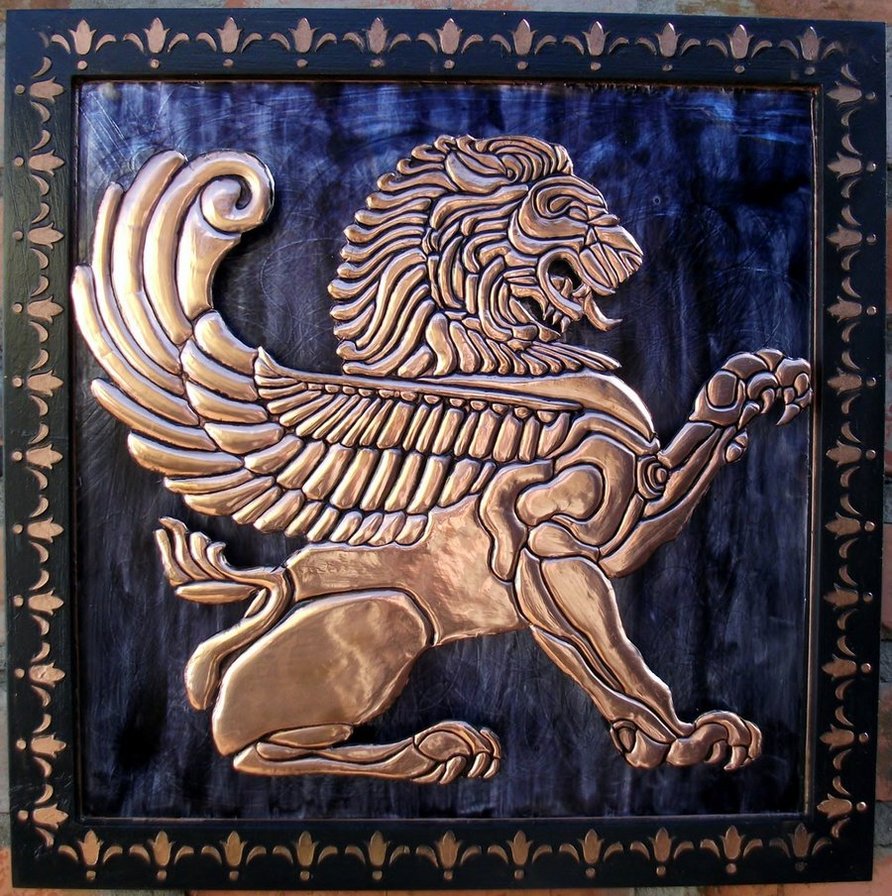
Chosen By Justice
The reputation of this name
The dynasty origins and ties to the trading patrician families, brings still high significance for the Perdicean middle class who recognize the family as their natural leader But the dynasty has often tied itself with the God of Justice, Mharvu, making it a dynasty with a divine mandate.It's exactly the union of both earthly and divine election that characterizes the reign of the Sodokos.
Regarded as righteous persons, they have always been very popular between the middle and lower classes, and but despised by the Odrian nobility.
The recent monarch, Sermides, has however significantly changed the common perception of the name, making it less rational and just, but more intimidating and mystical.
The Kyb
The Kyb realm is a term used to indicate the large empire that stretched for most of southwestern Amèria.Kyb is used to indicate both the culture, the people and the land.
The Terrible Occupation
The so called "Terrible Occupation" is a conflict fought between the Kyb realm and the Kingdom of Odria between 640 and 690. It begun as a Kyb utter success, with the complete occupation of the Southern half of Odria. (modern day Perdica) The occupation was named Terrible by the Qhaste scholars, but the Kyb rule was actually enjoyed by the occupied cities. The rise of a new Odrian dynasty led to a Kyb defeat in the last years of the war which led to the Kyb dessolution in anarchy.Kyb Anarchy
During the last years of the war of "Kyb Occupation", the defeats were so harsh and bloody that many of the Kyb High Lord's son died in battle, effectively beheading the dynasty. When Odria enforced a peace treaty that required all the occupied territories to be returned to them, the Kyb High Lord suffered from a terrible stroke and died. This plunged the realm into a chaotic state that would last for half a century and result in the fragmentation of the Kyb realm in three main realms: Tradica, Mittica and Perdica.Perdias
The city had begun to transform into a trading center during the occupation, and many merchant families had become powerful enough to be called "Patricians of the city", the mercantile nobility.This new nature of the city was vital to the Sodokos rise to power, and to the creation of Perdica which literally means "Realm of Perdias".
Irakneo
Irakneo was an imposing man, tall and wide. He had fought in his youth, leaving scars across his body, but once he became noble he started dressing and acting as the "benevolent ruler" in perfect Kyb style.Herno
Herno was much less physically imposing than his father, had fair hair and is usually regarded as the Wise and Just king. But he was quite a bold and restless man in his youth, he often defied his father and his brother to do whatever he wanted and whenever he wanted.It is said that Mharvu, the winged lion of justice, came to him at his father's death and blessed him by devouring all his fears and gifting him with wisdom.
He was also a shrewd military leader, and a ruthless liberator, but he is nonetheless always portraid as an old man, father to the realm, with a wise paternal look on his face. Herno embraces a soldier after a decisive but bloody victory near the Rham Hills
Sermides and Mesìlla
Sermides is an healthy man, dark hair and elegant beard, who likes to be portrayed as an intelligent warrior, a benevolent soul.He has a double nature tho, he is a quite introverted type of man, who does not like big parties and has difficulties in speaking to large crowds, something that the Sodokos have always been good at. This fear of being the black sheep, a shame to his dynasty brought him to wear a mask, to be inspire both love and fear. He is the High Lord who murdered his father and many important ministers to get to power, so people are right to fear him.
But he also is the High Lord who had hospitals built in the whole realm, who deprived the priests of exaggerated powers.
A fragile cobra who must wear an intimidating mask and is willing to use poison to defend himself.
But it was a woman, a lover, to give Sermides a mask, to give him poisonous fangs: Mesìlla is regarded as one of the most beautiful women of the realm, she doesn't seem to age, and has a mystical aura surrounding her. She is the voice who convinced her husband to take the throne and slay all opposition, she carries the profound hatred for her husband's enemies, all of them. Said to have divine powers to read and manipulate the minds of men, she really has an incredible sense of empathy and has surrounded her throne with mysterious assassins who never questioned her order, even before her control was absolute.
Her beauty combined with her mystical powers has made her into some kind of goddess to the eyes of the people, both feared and admired.
Remove these ads. Join the Worldbuilders Guild

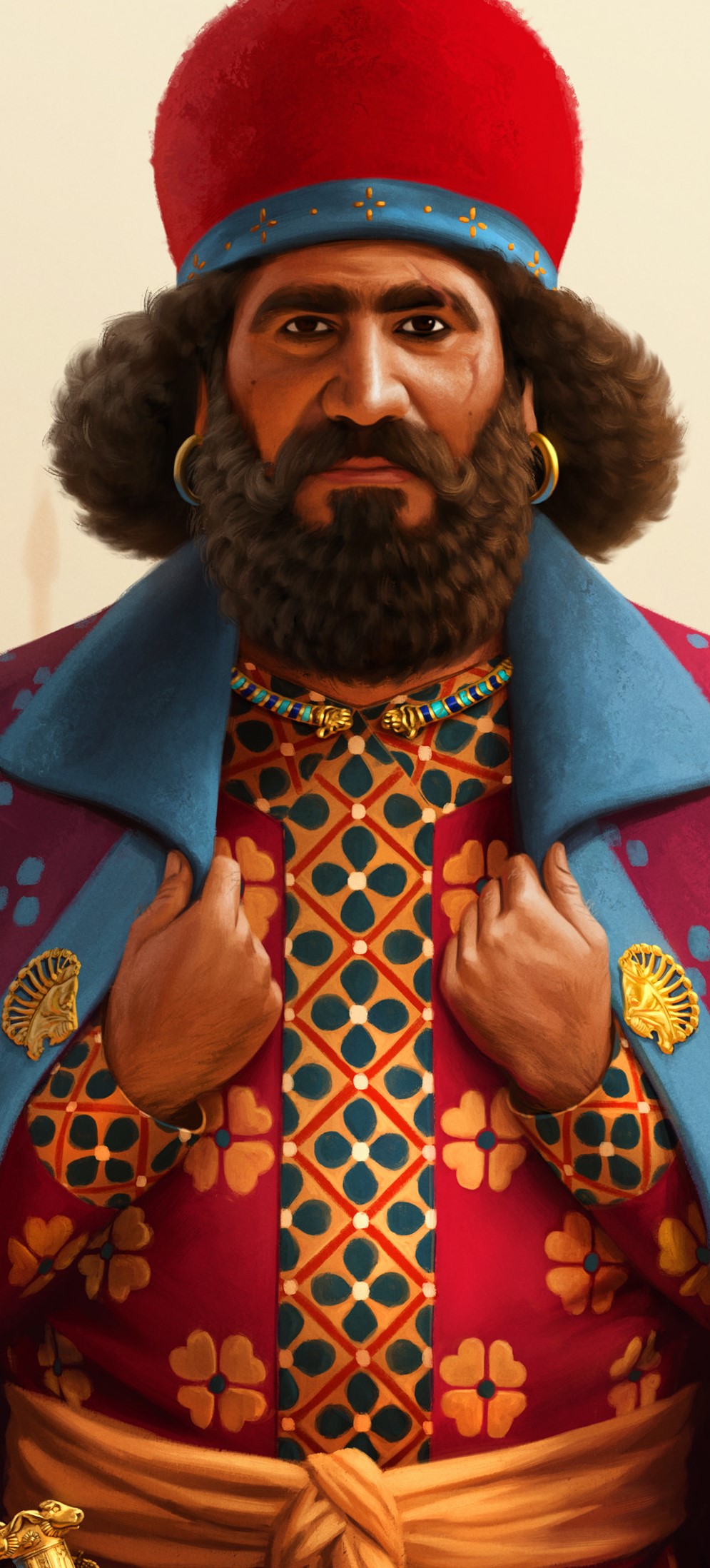
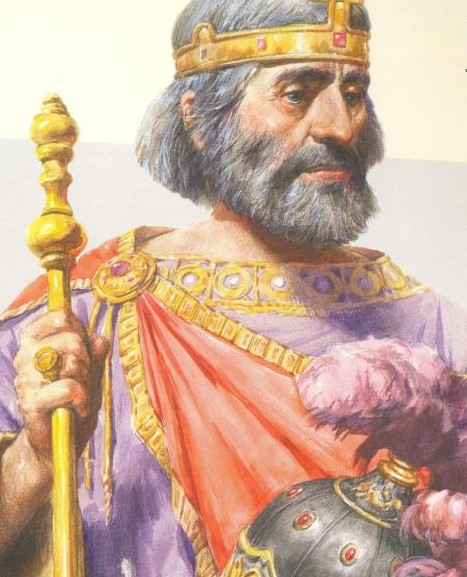
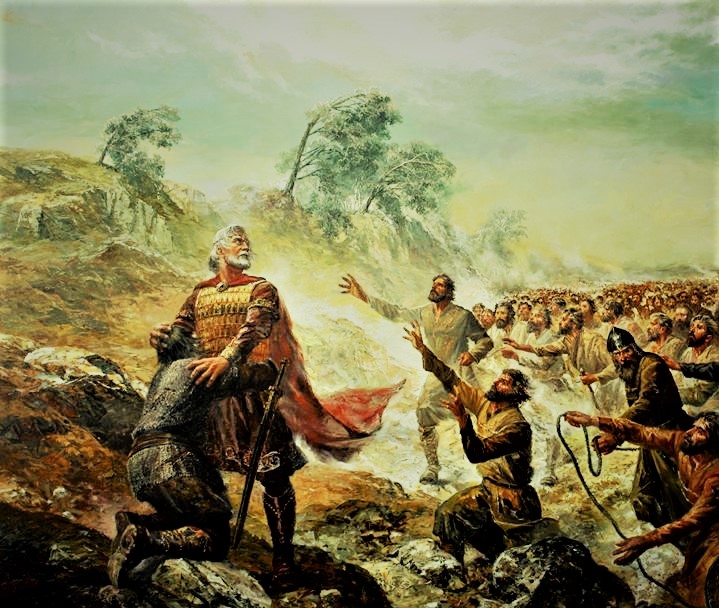
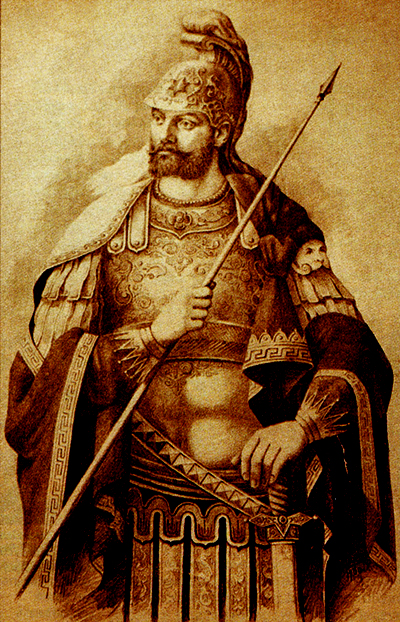
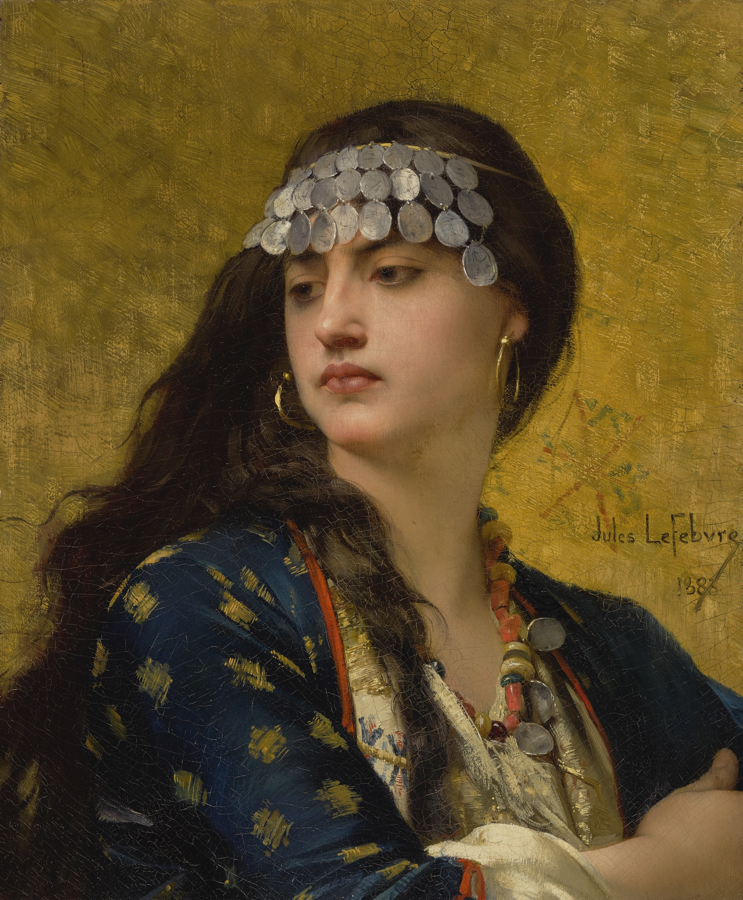









Awesome! Great use of the sidebar for character profiles!
Thanks mate! It's the first time I use it, I am really glad you appreciated it
Amazing work for the first time. Can't wait to see more!